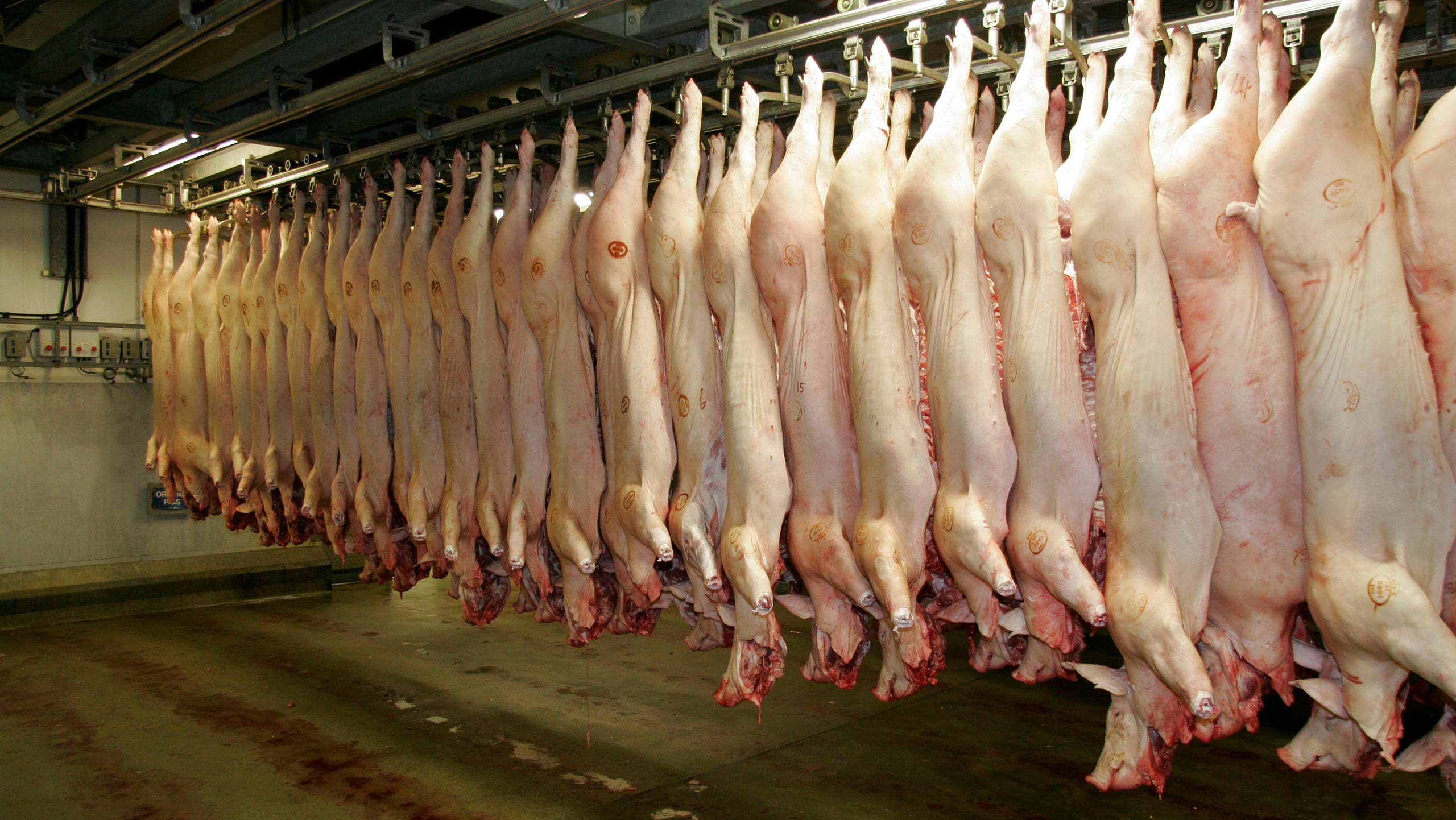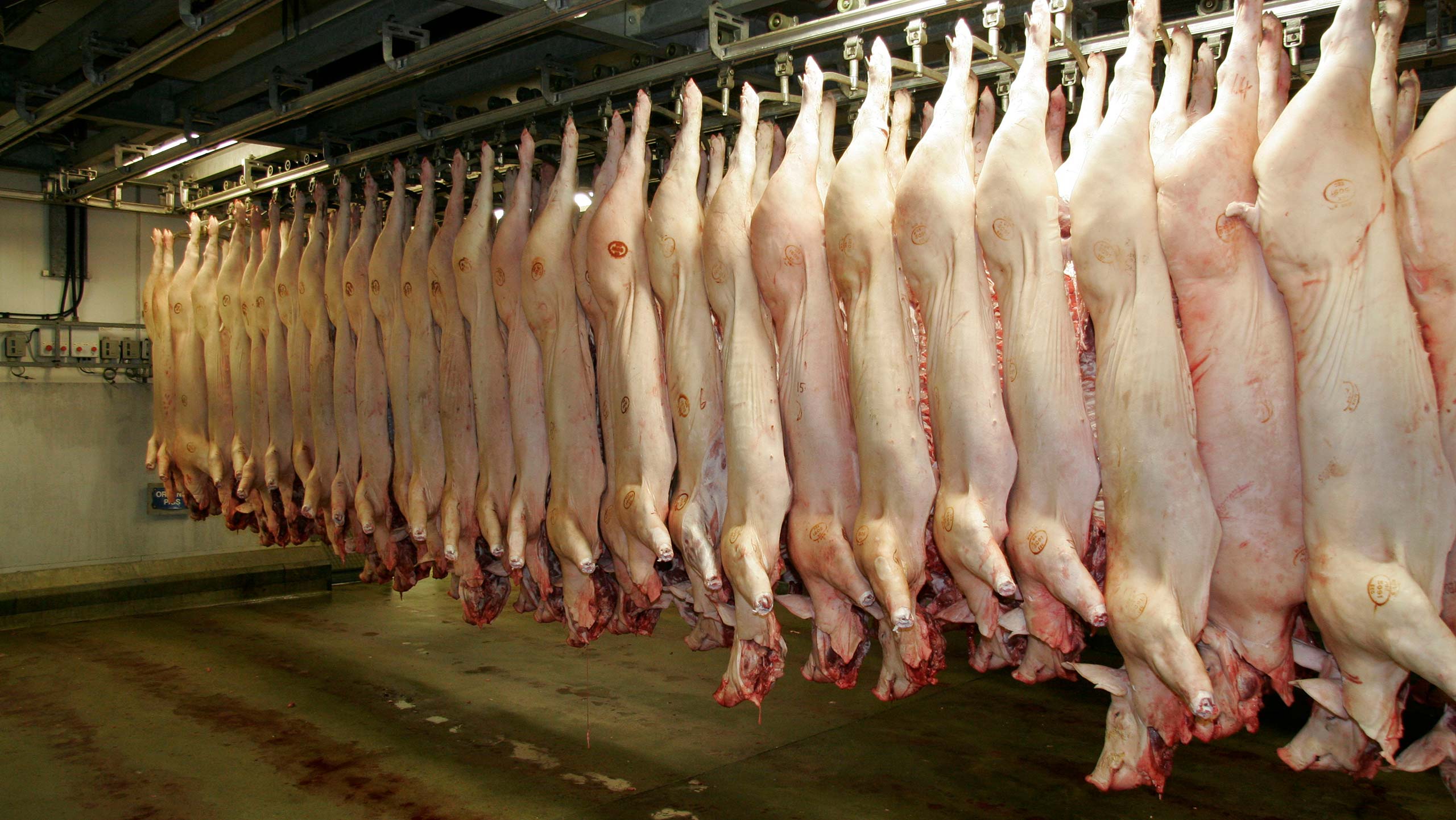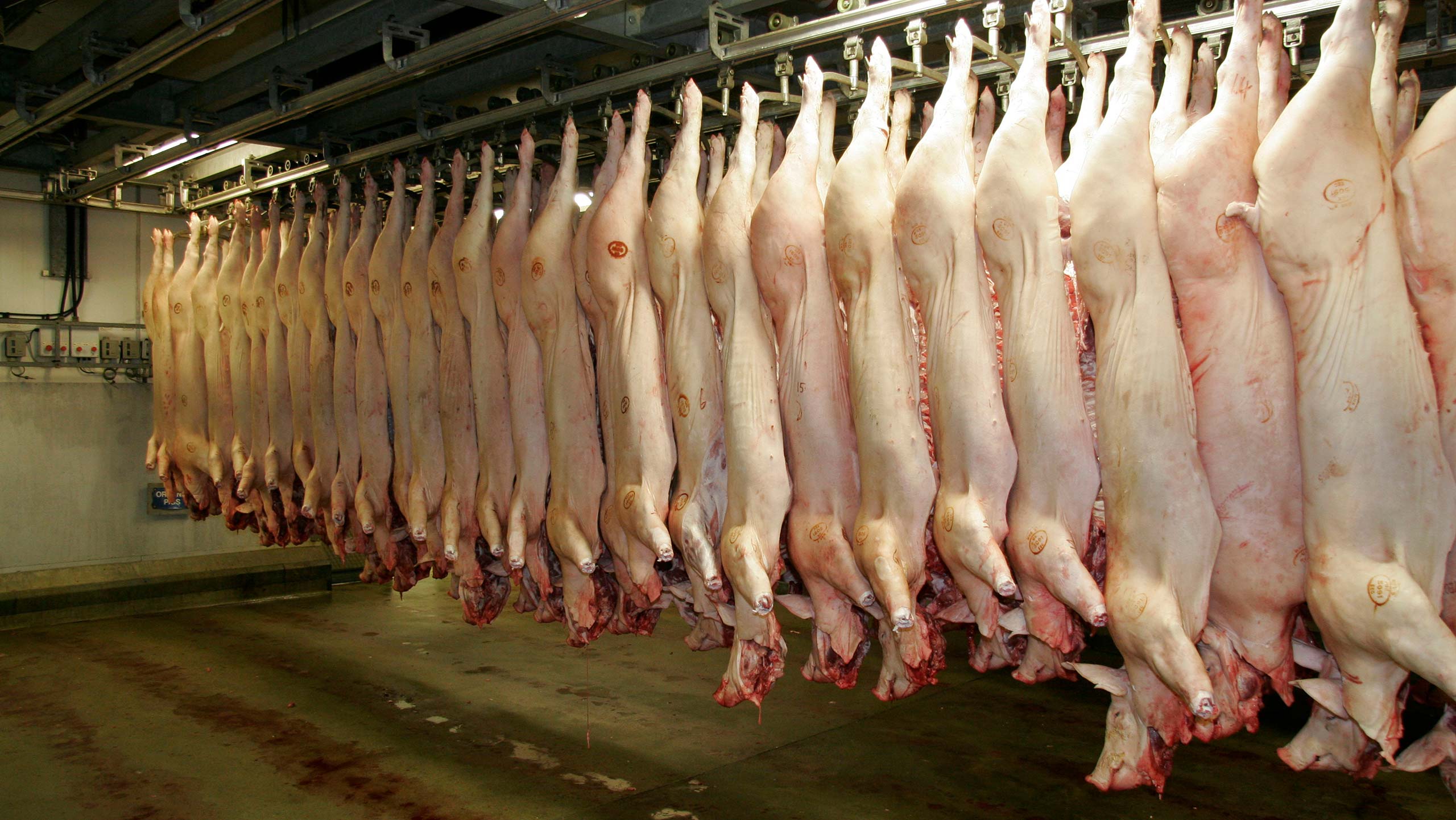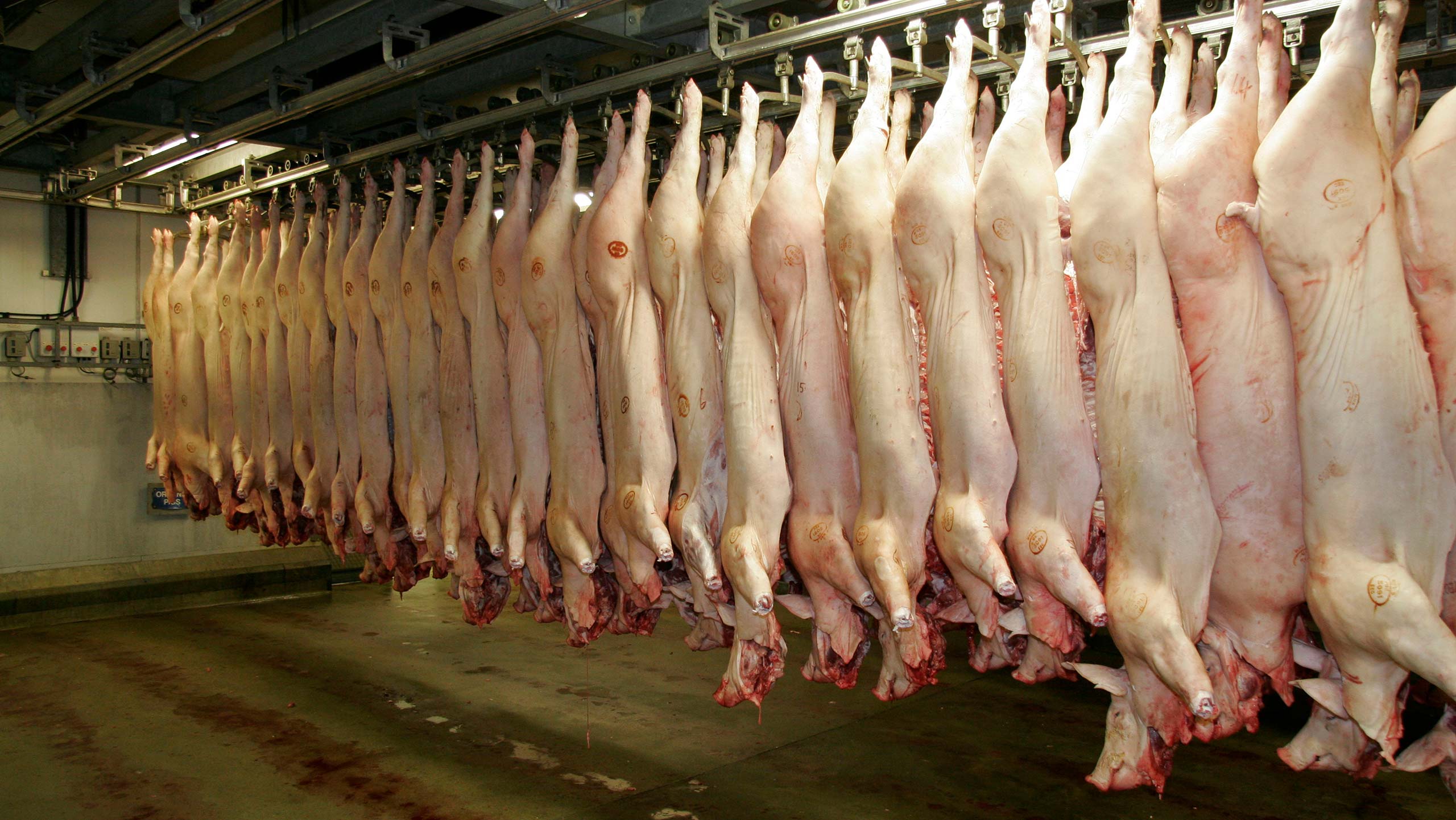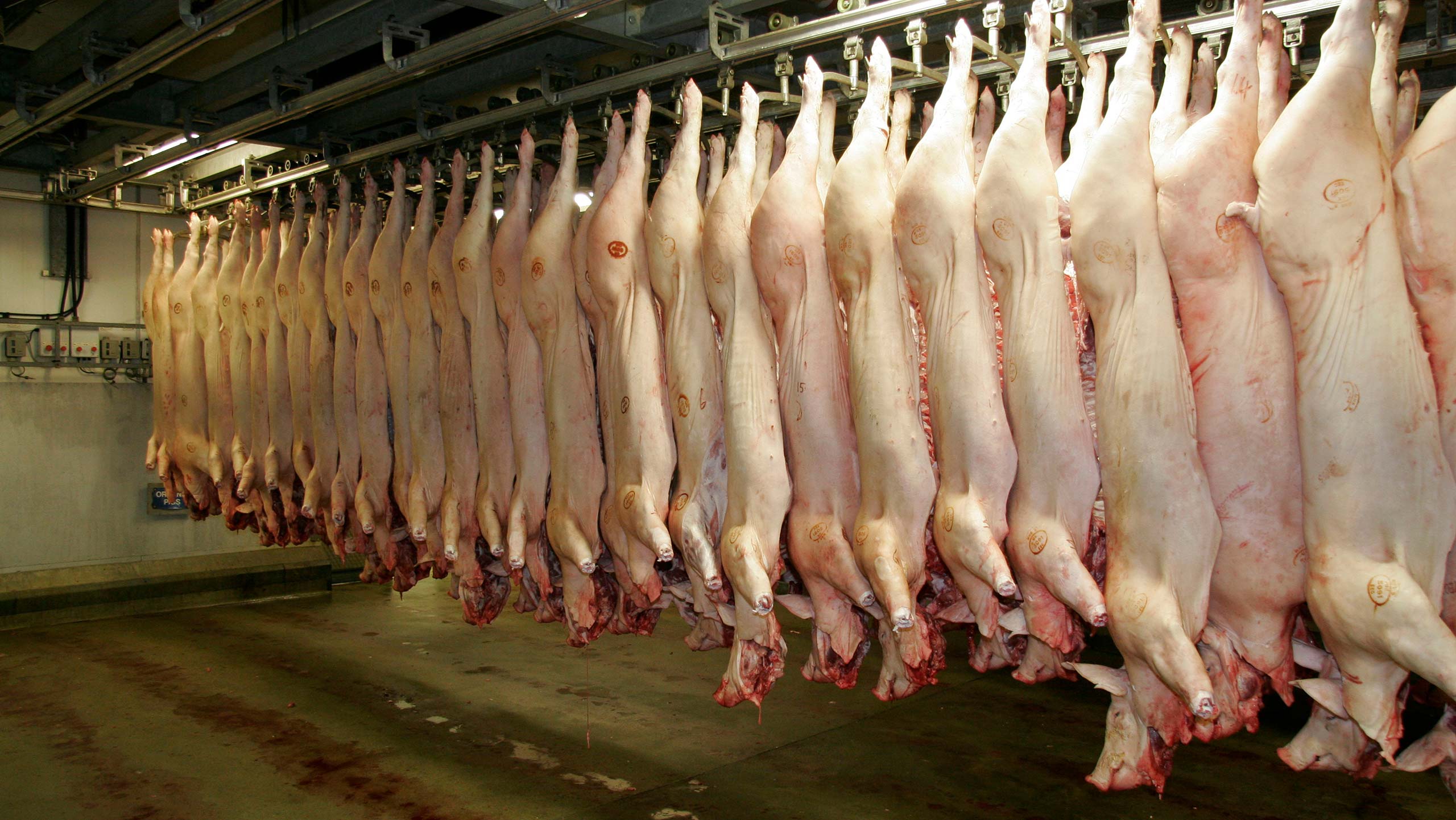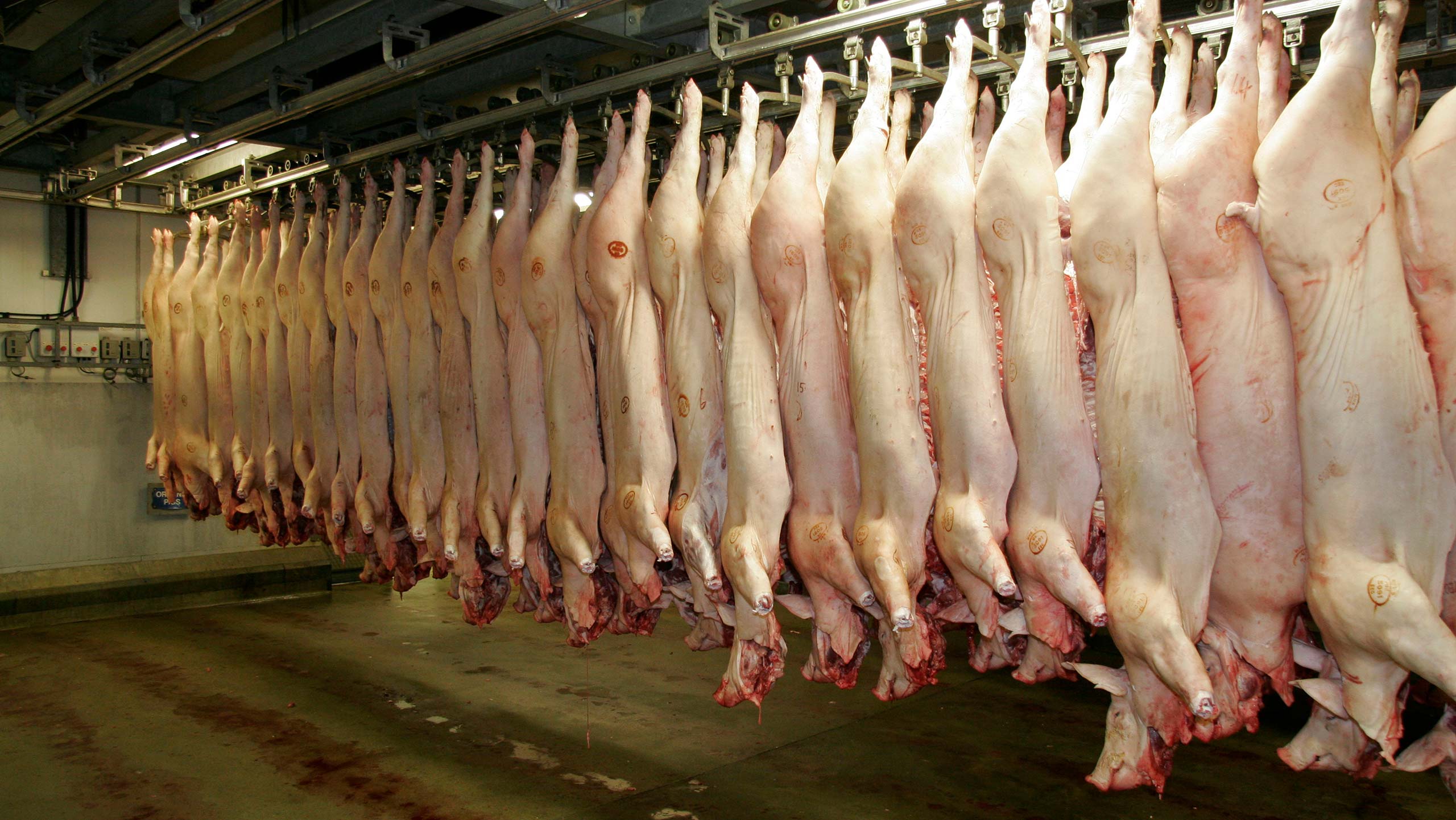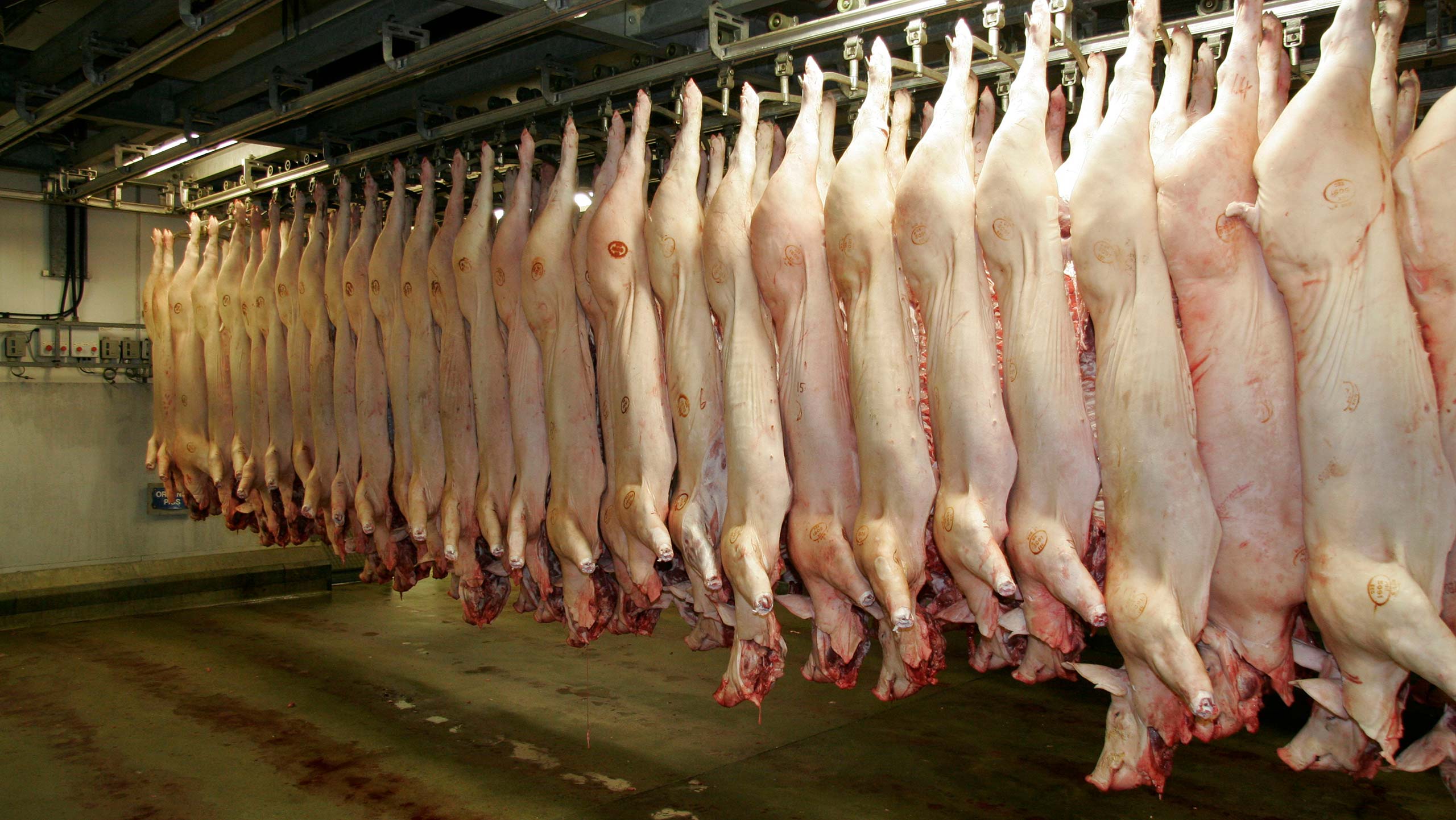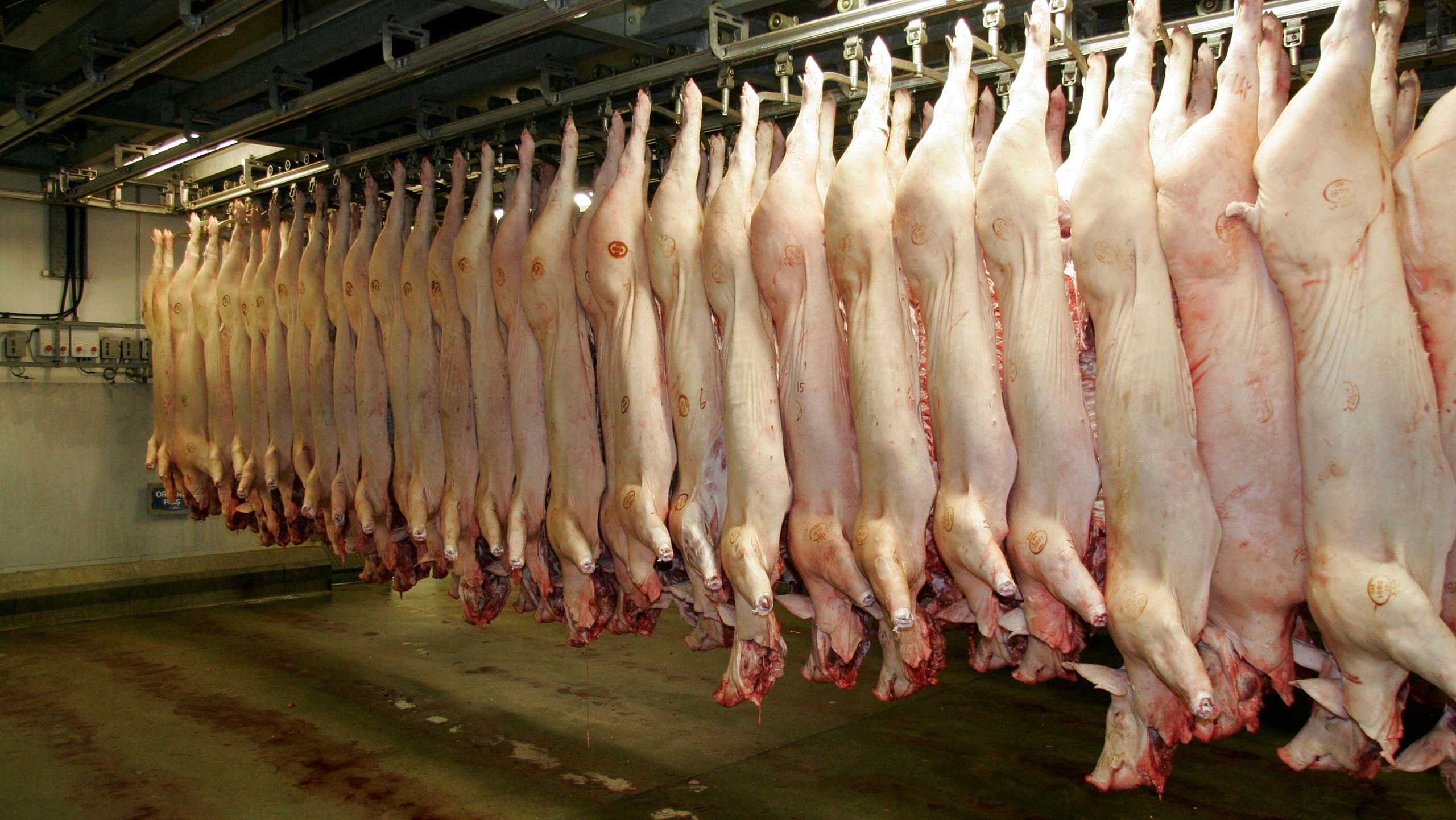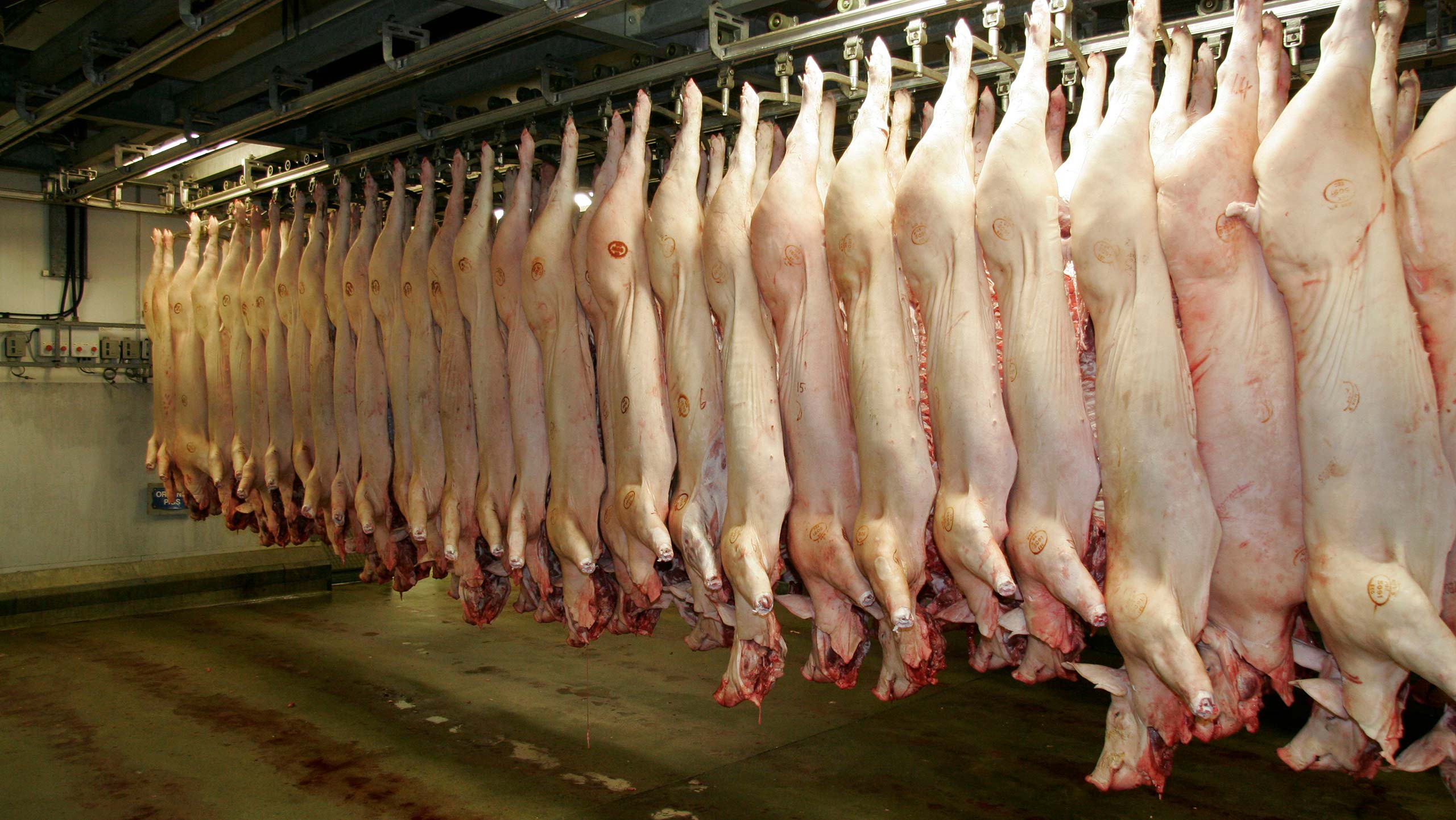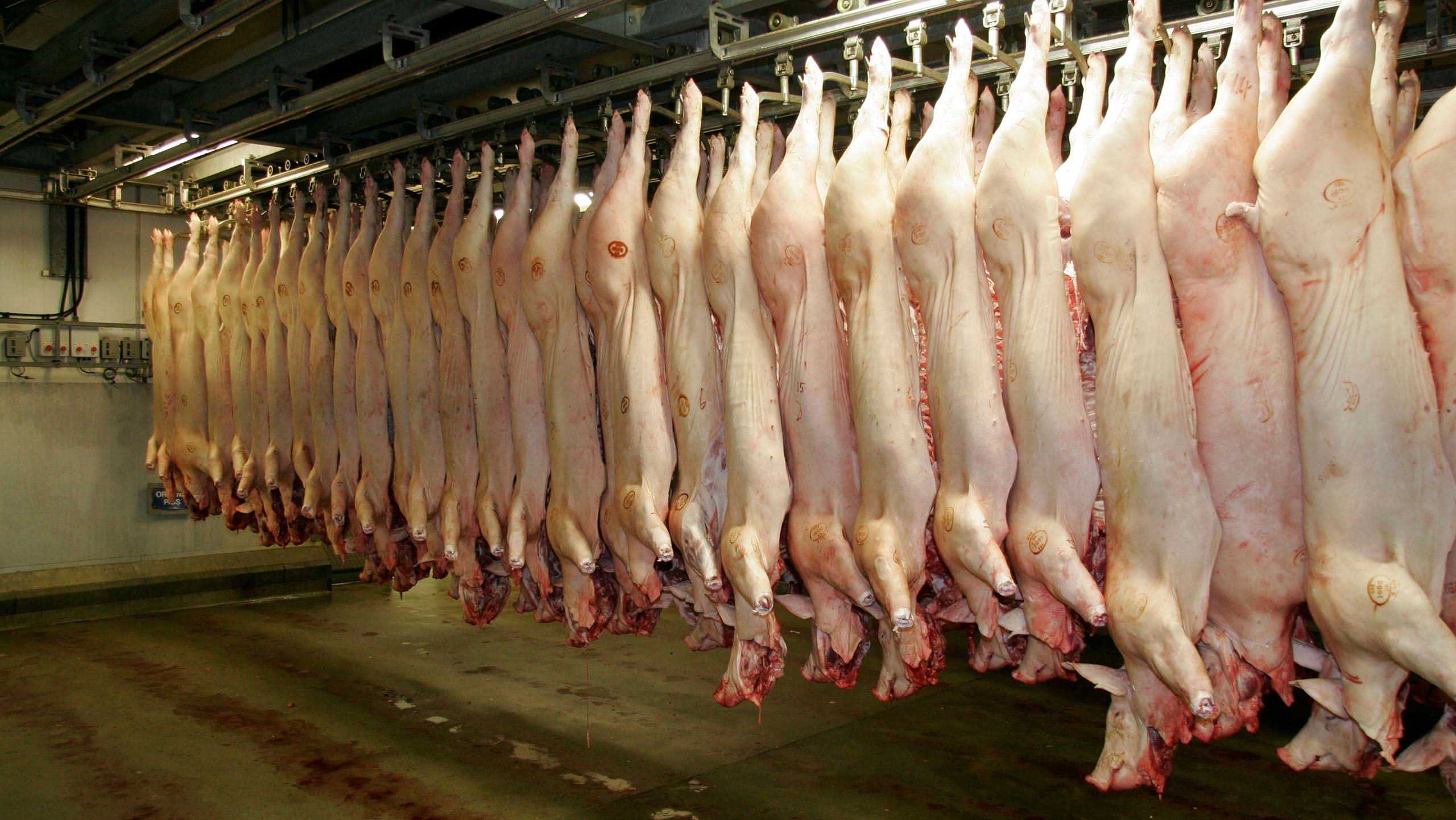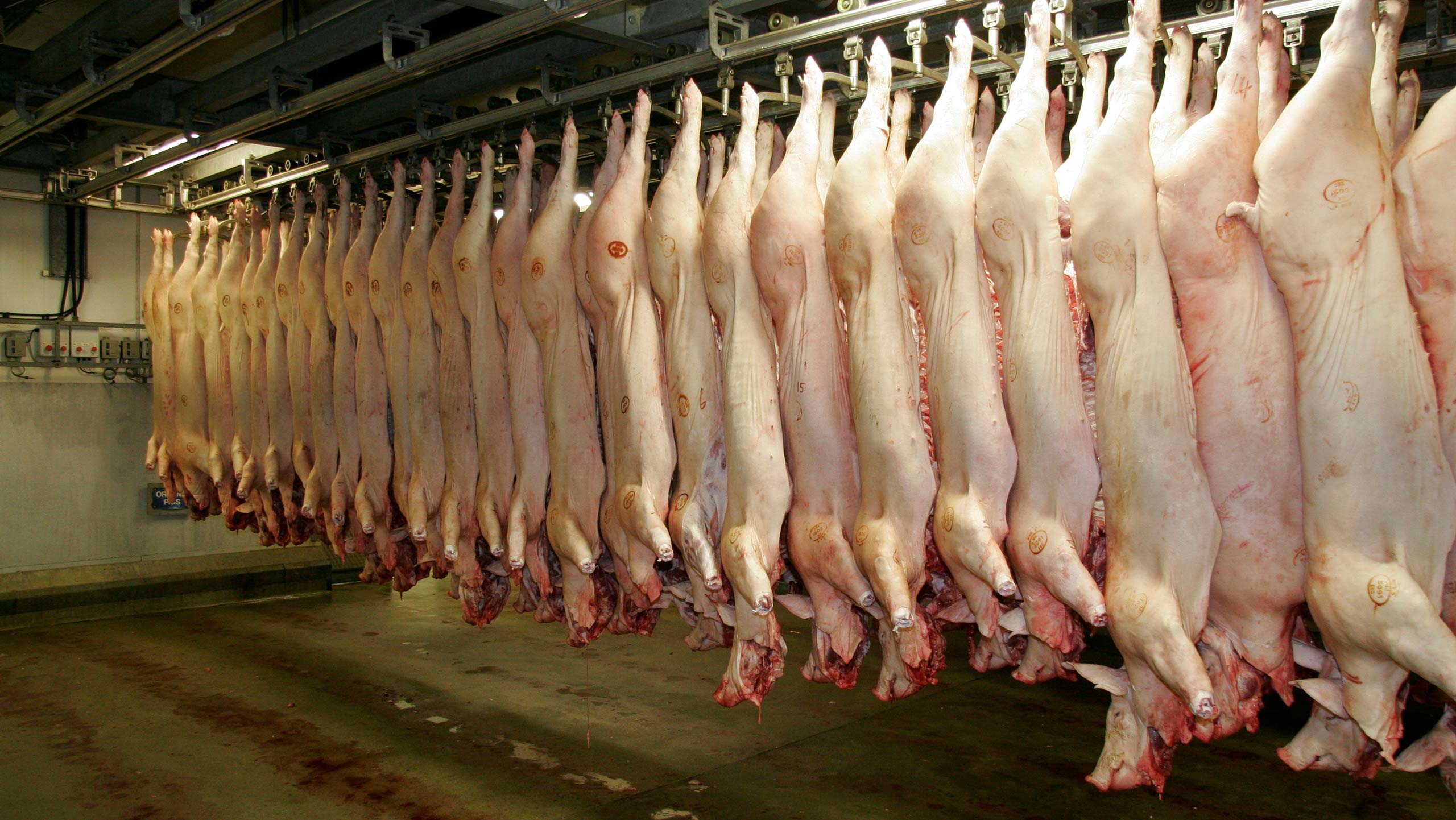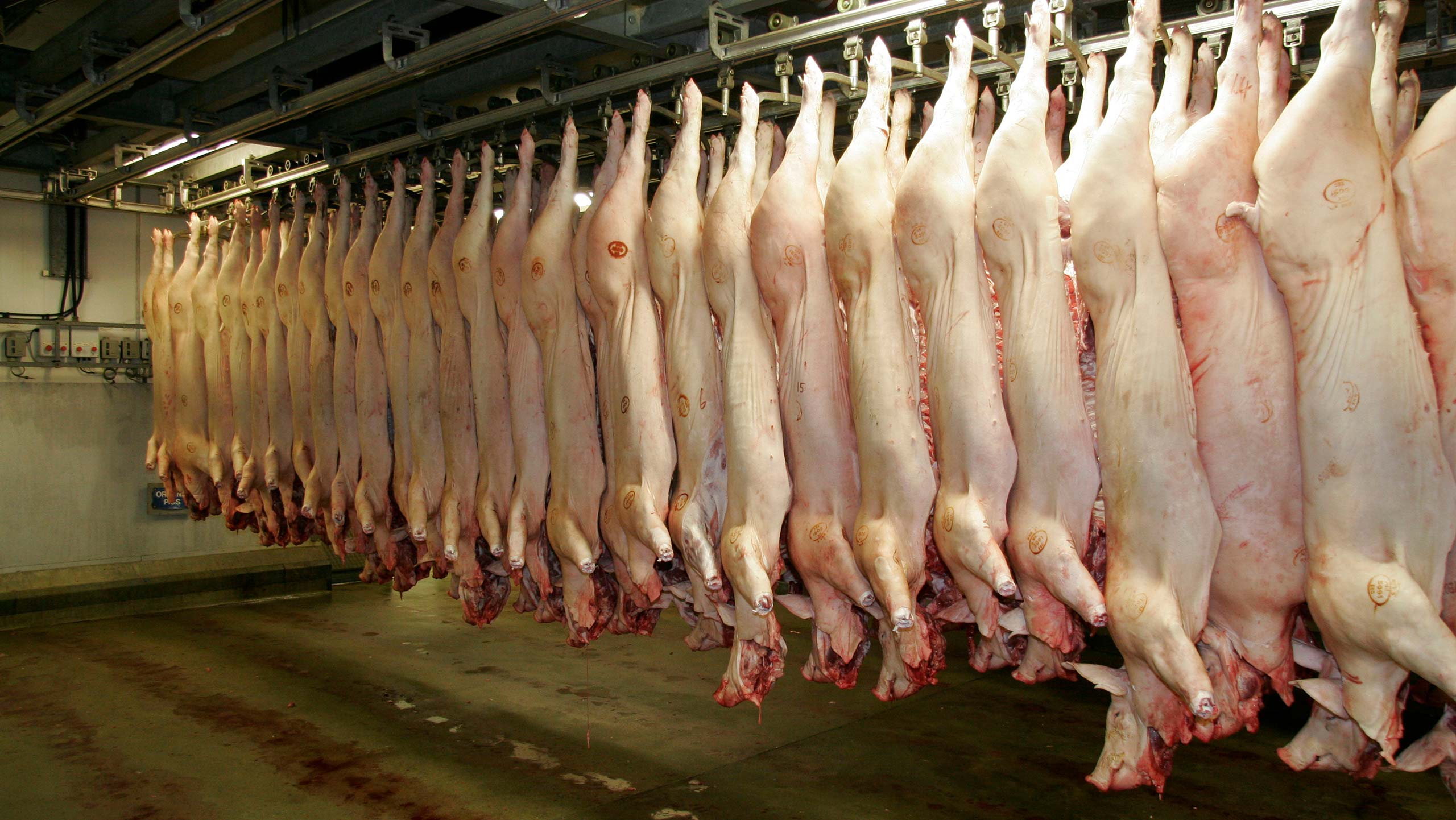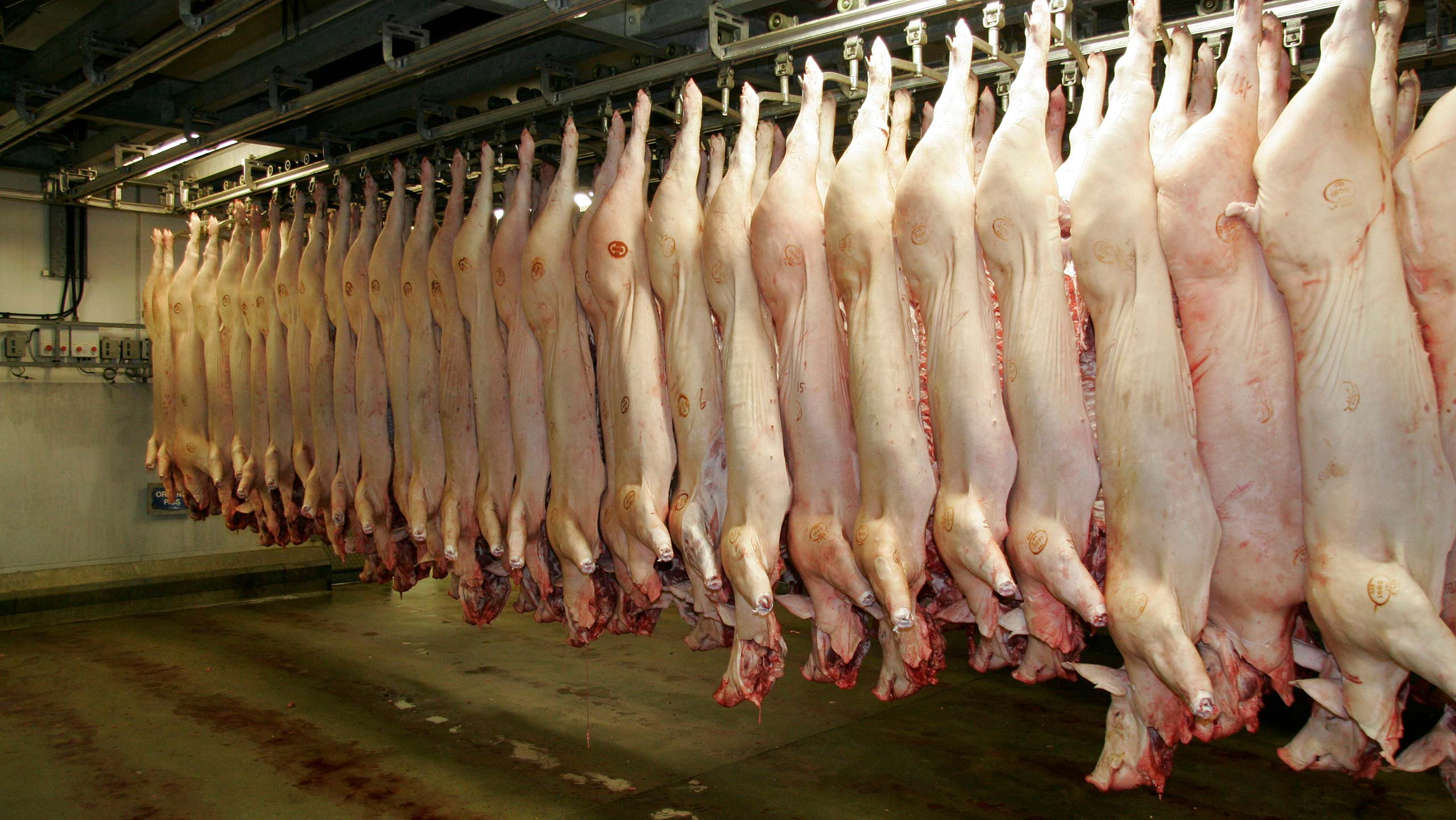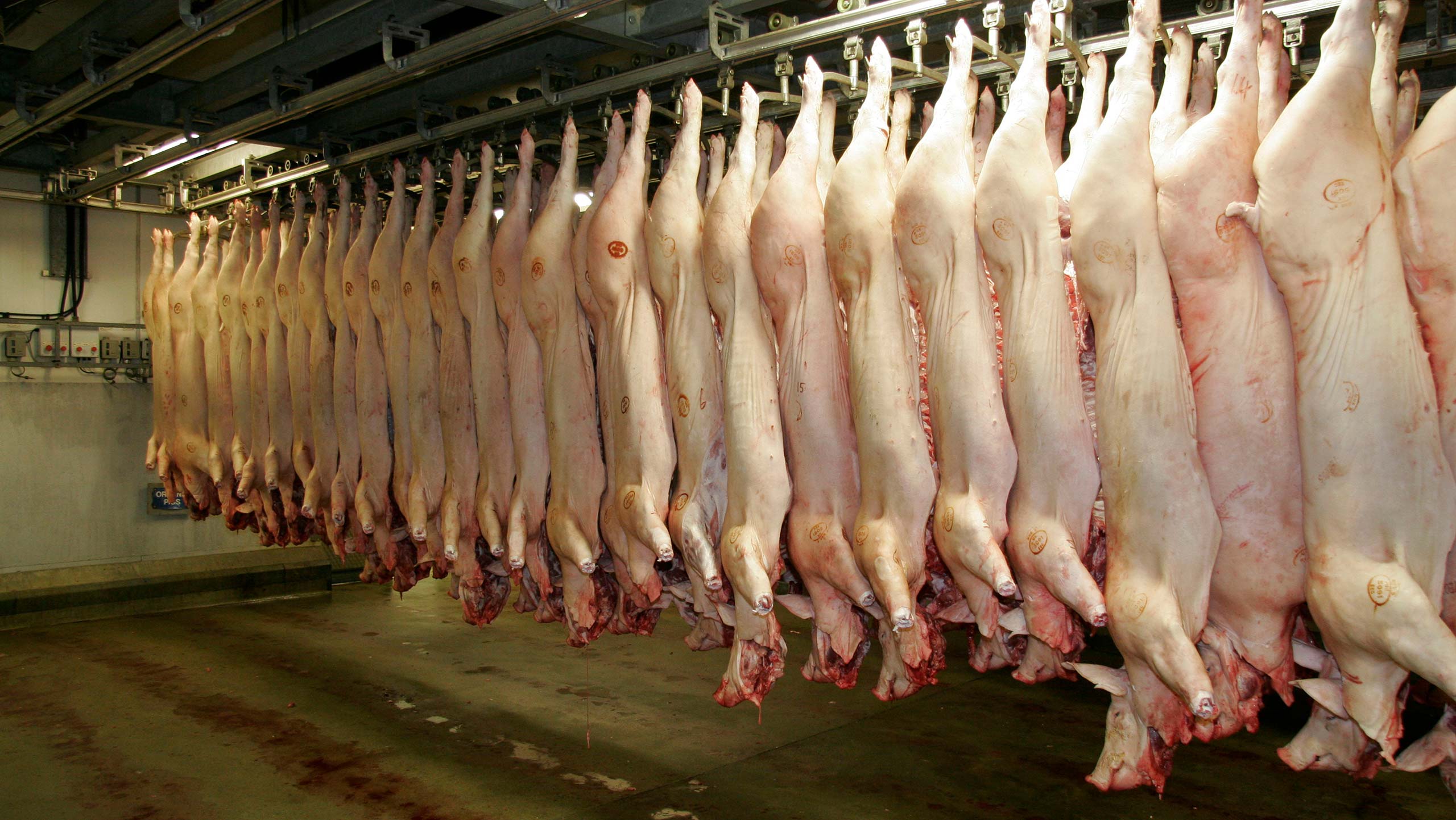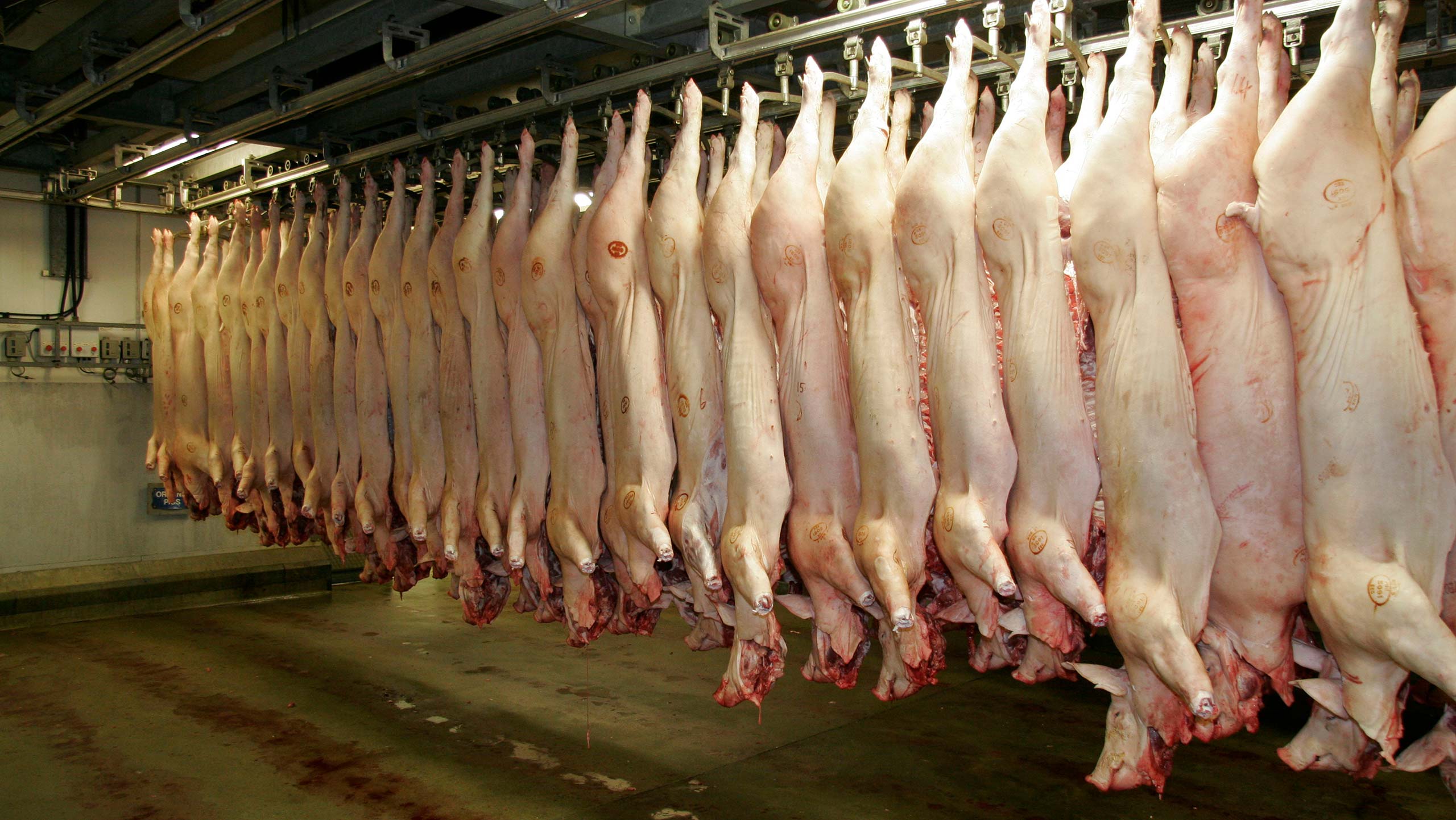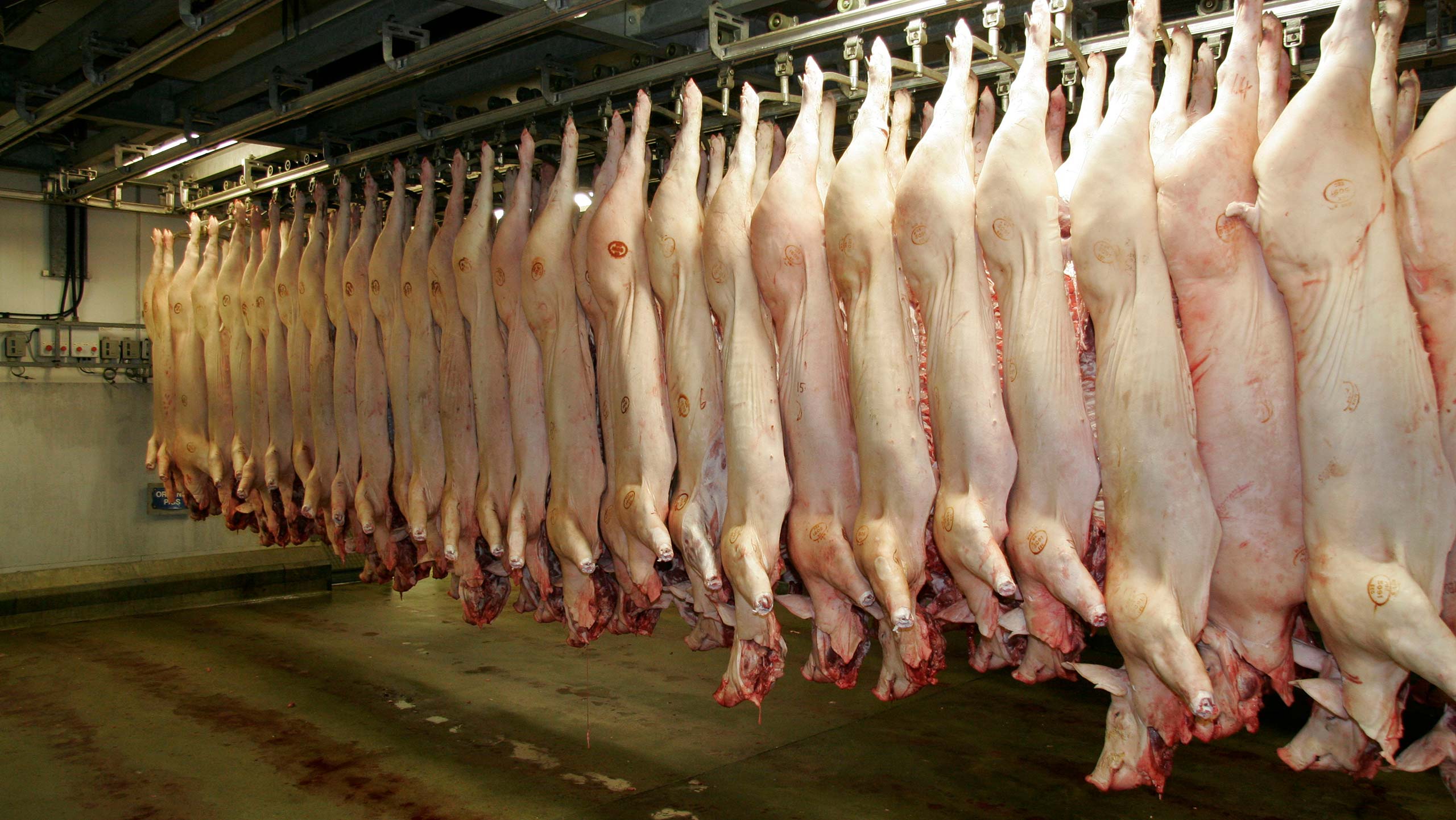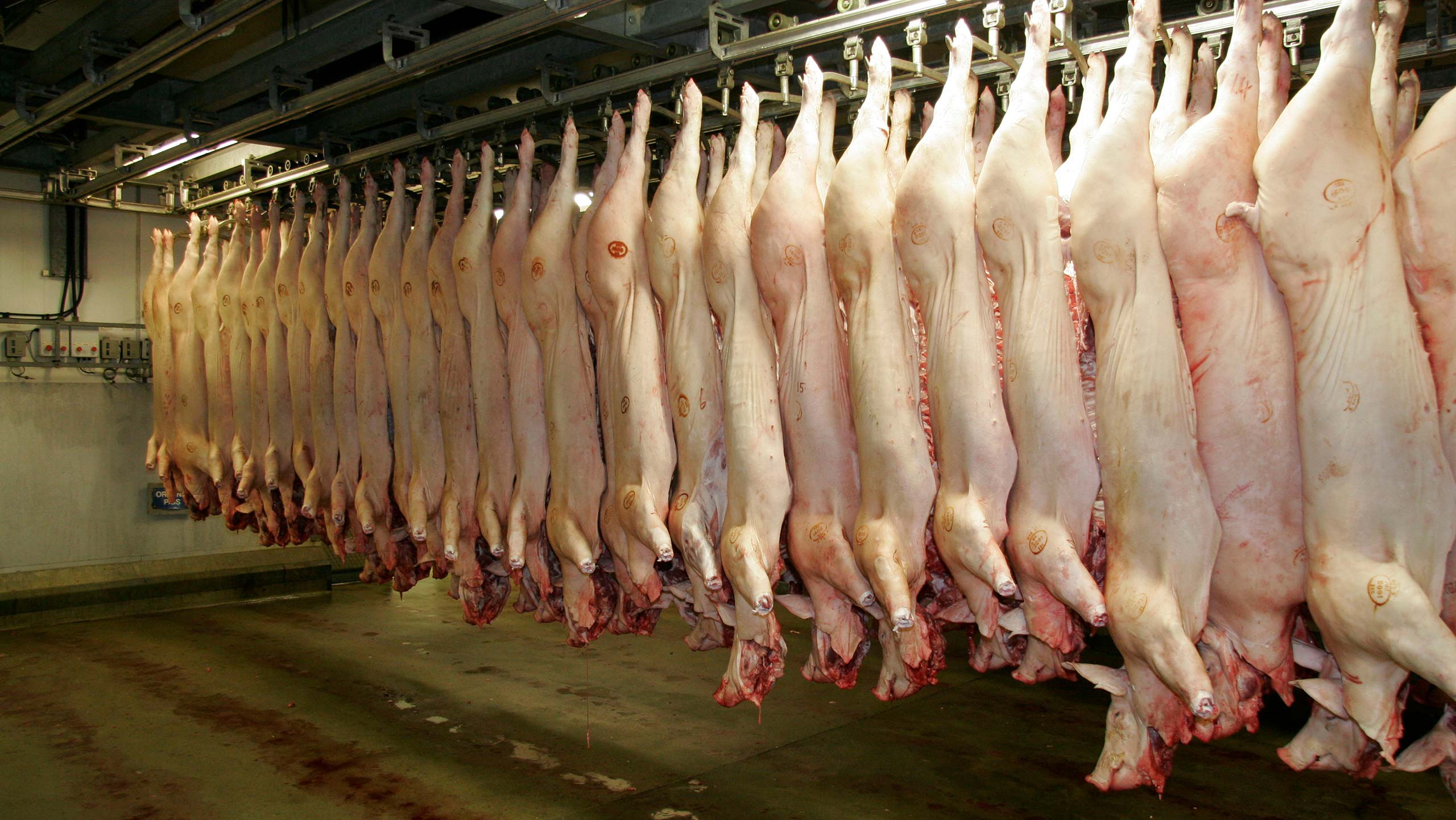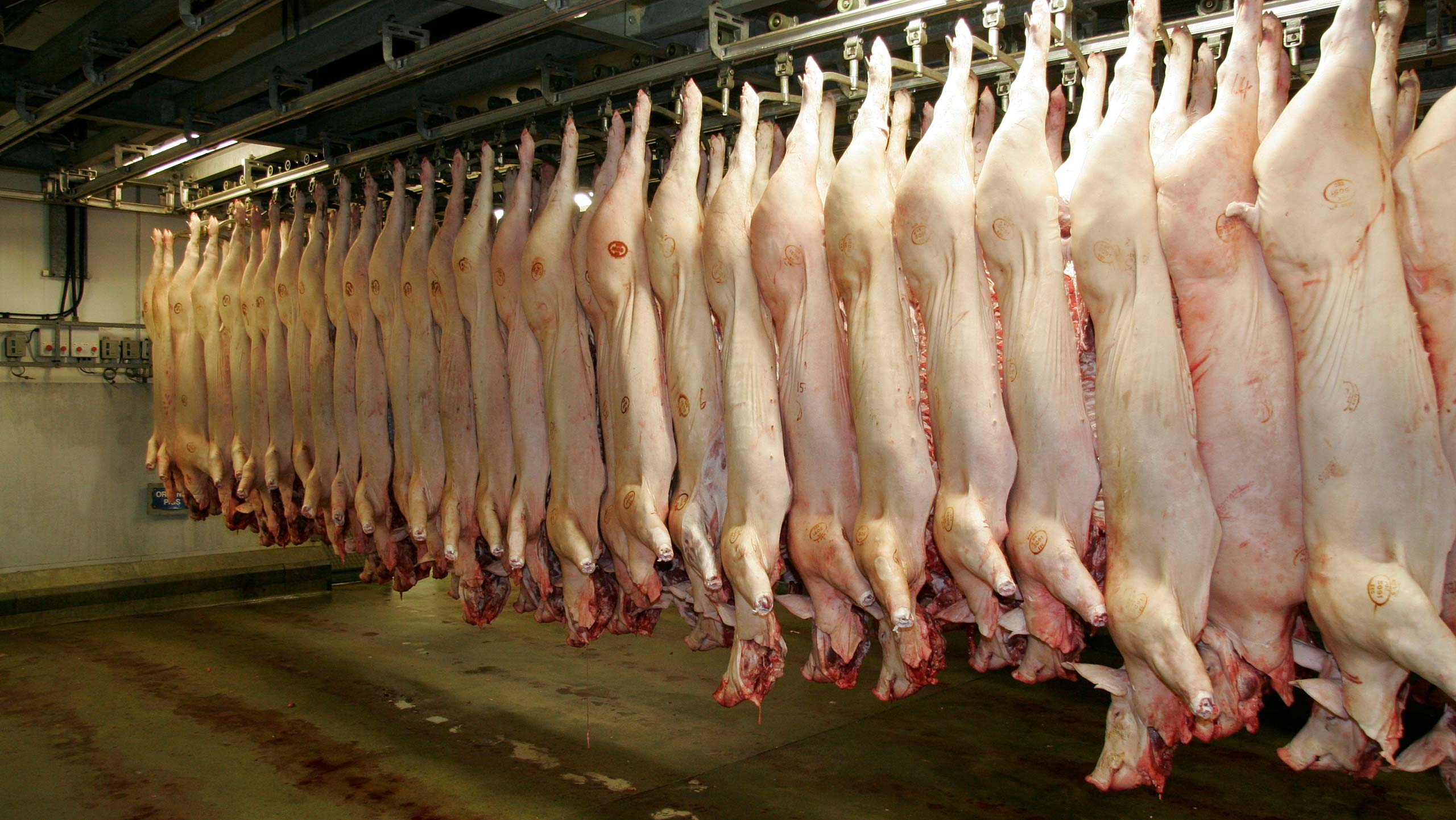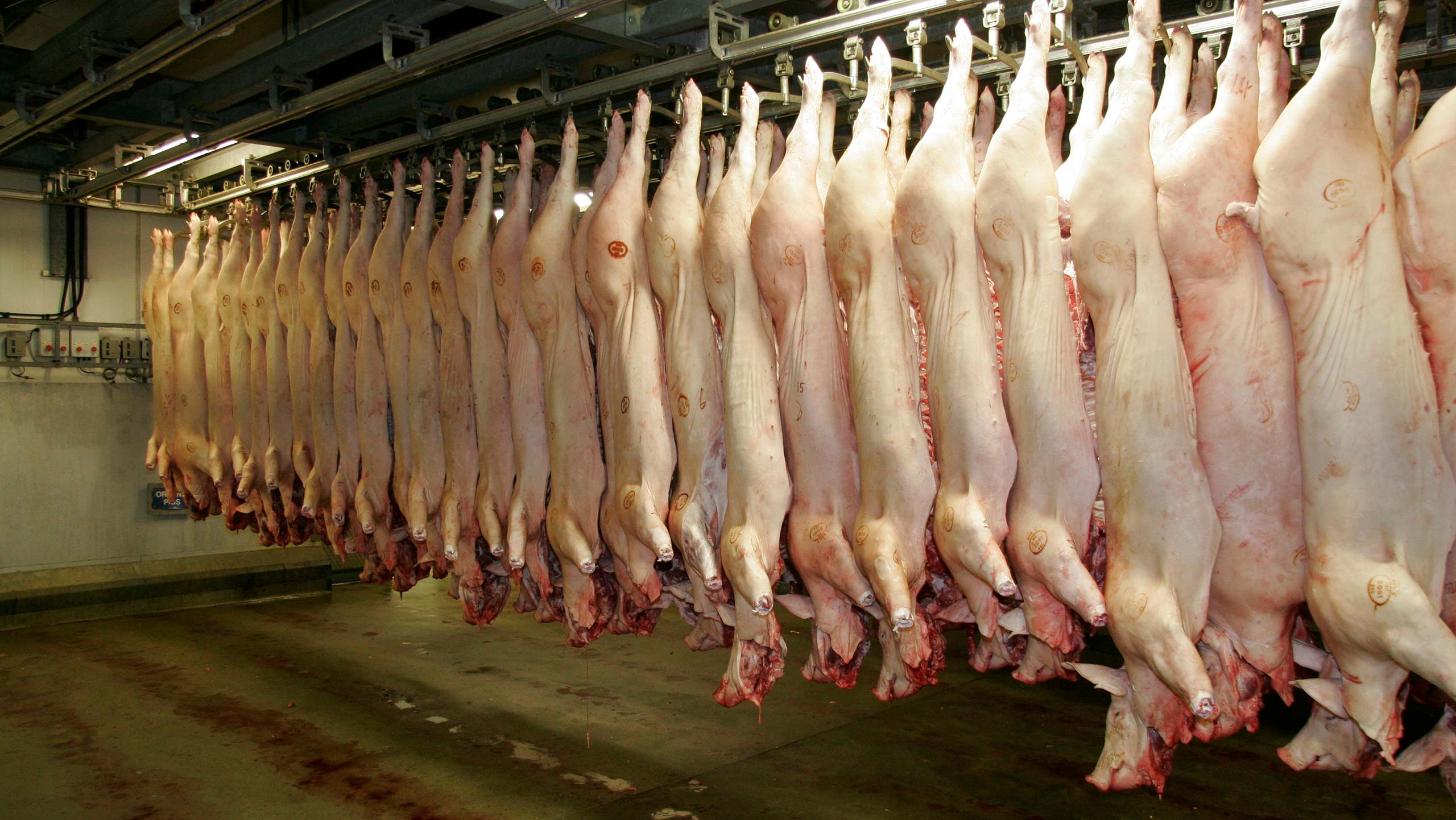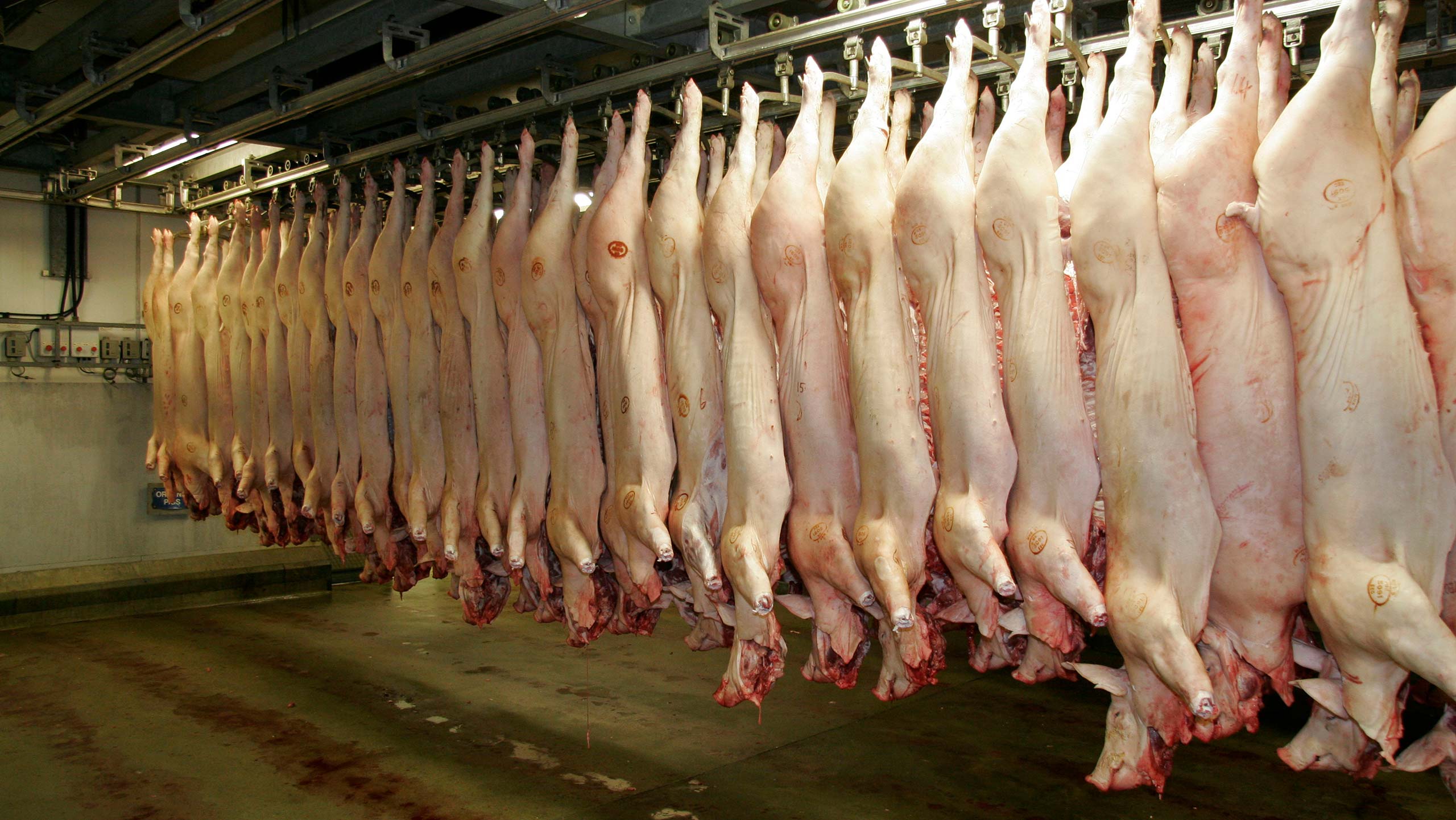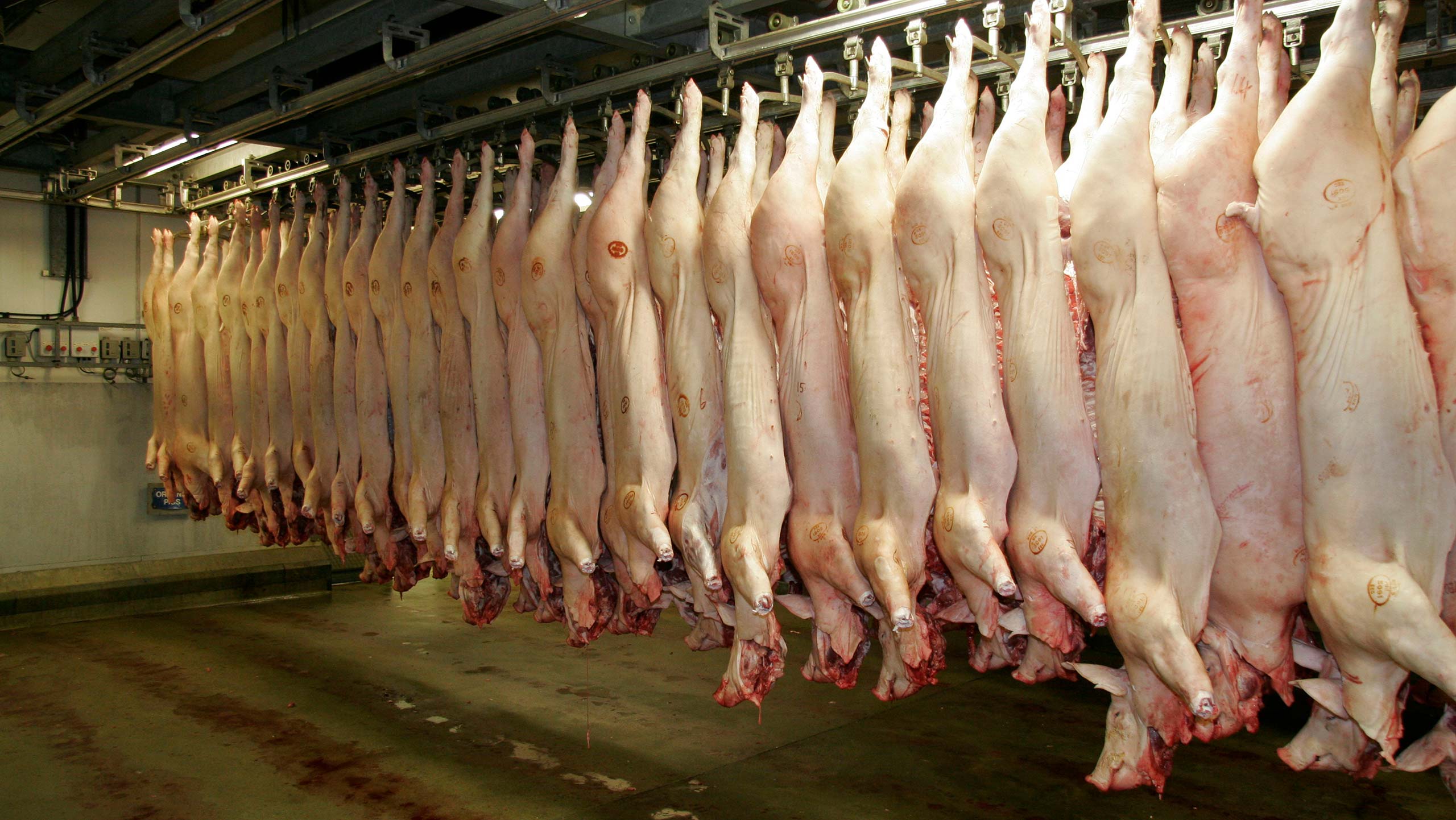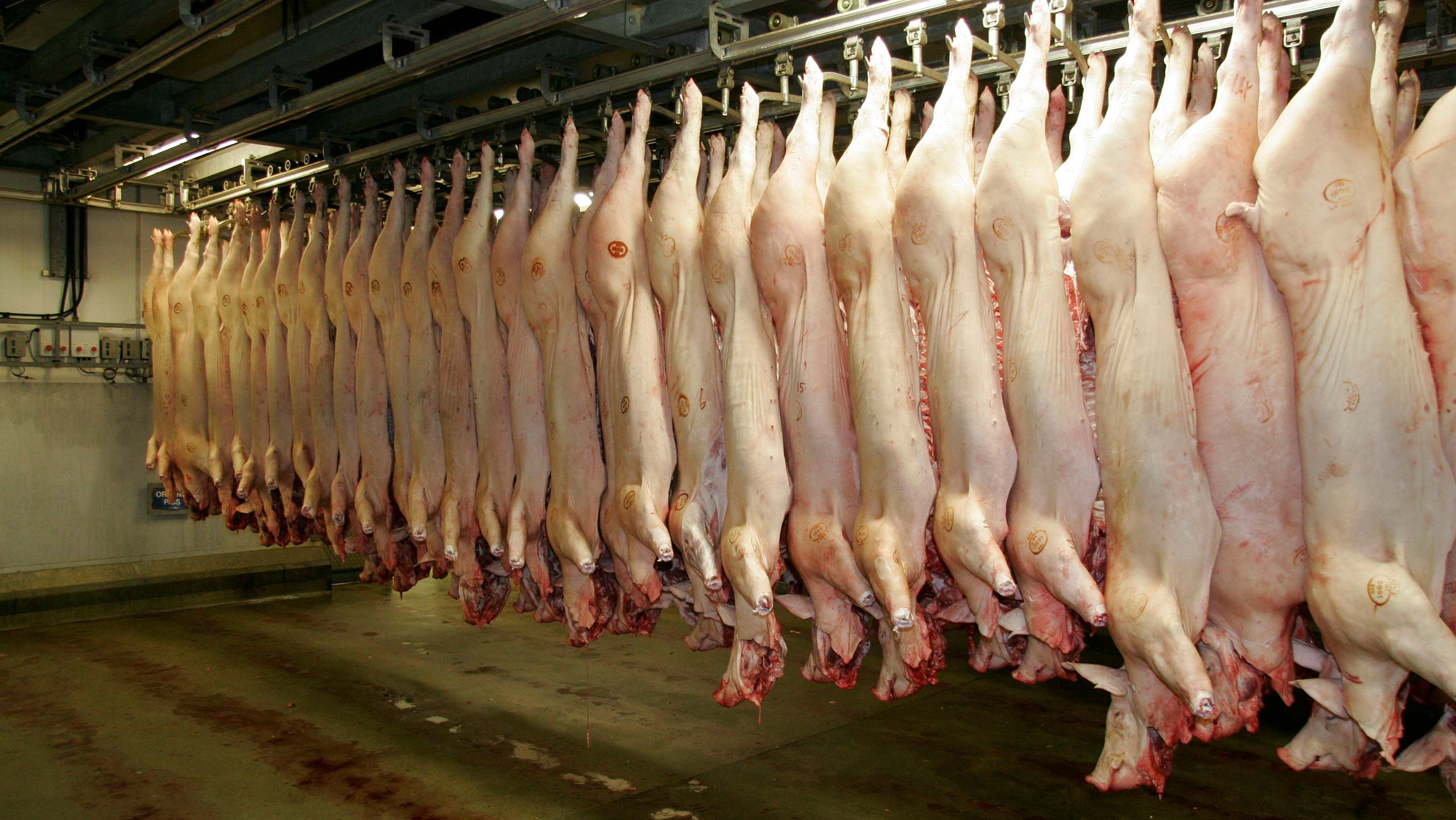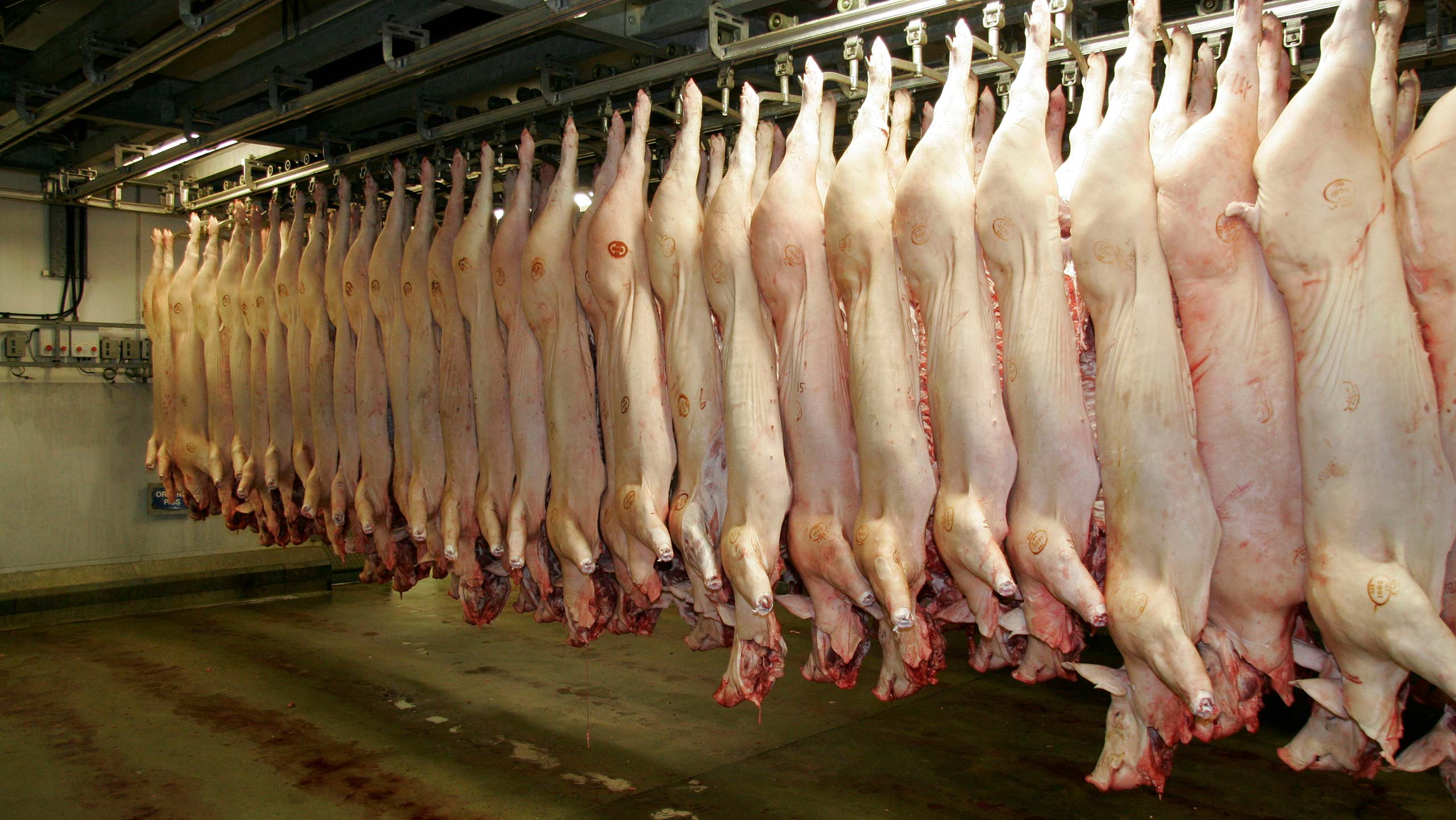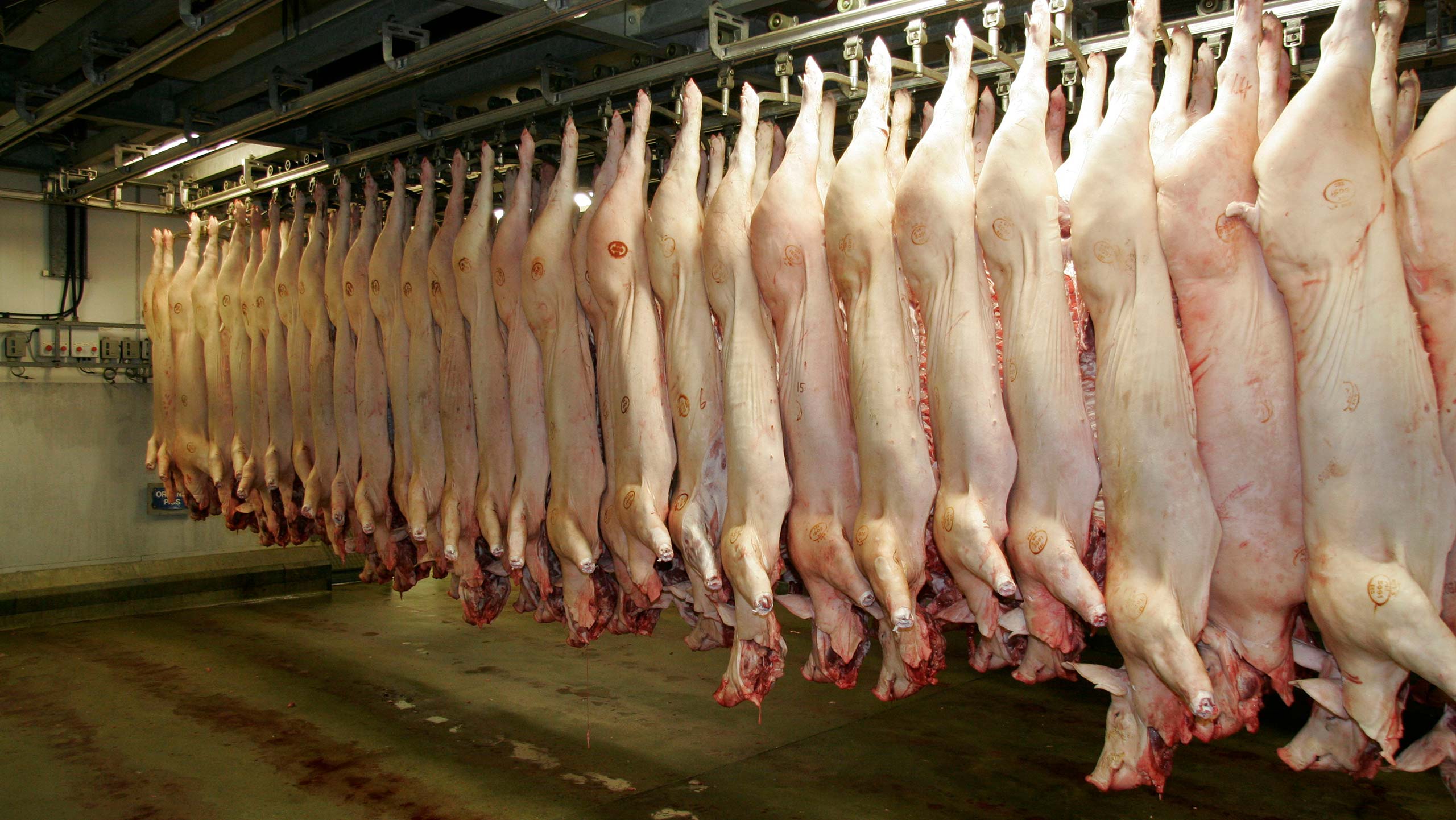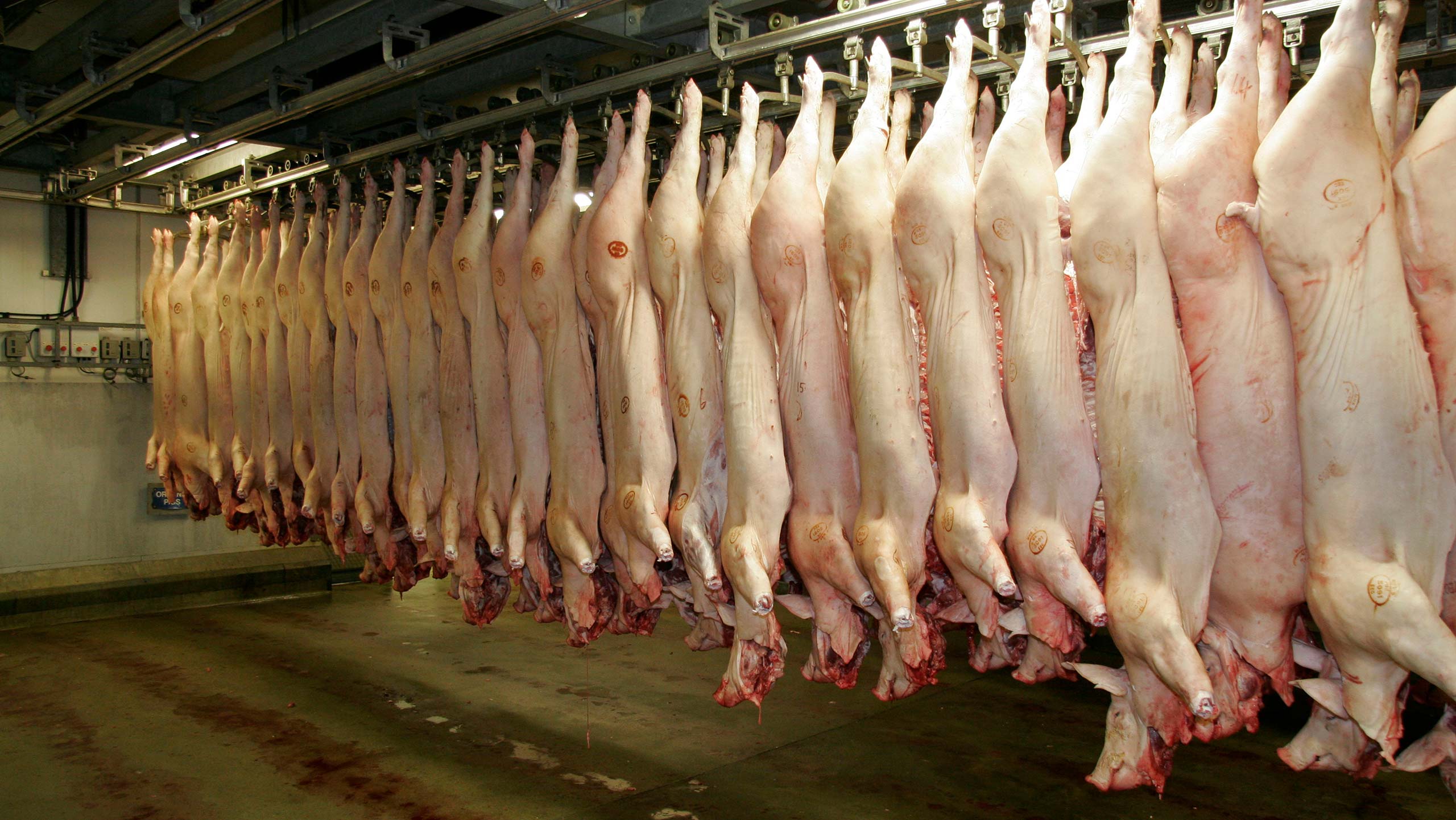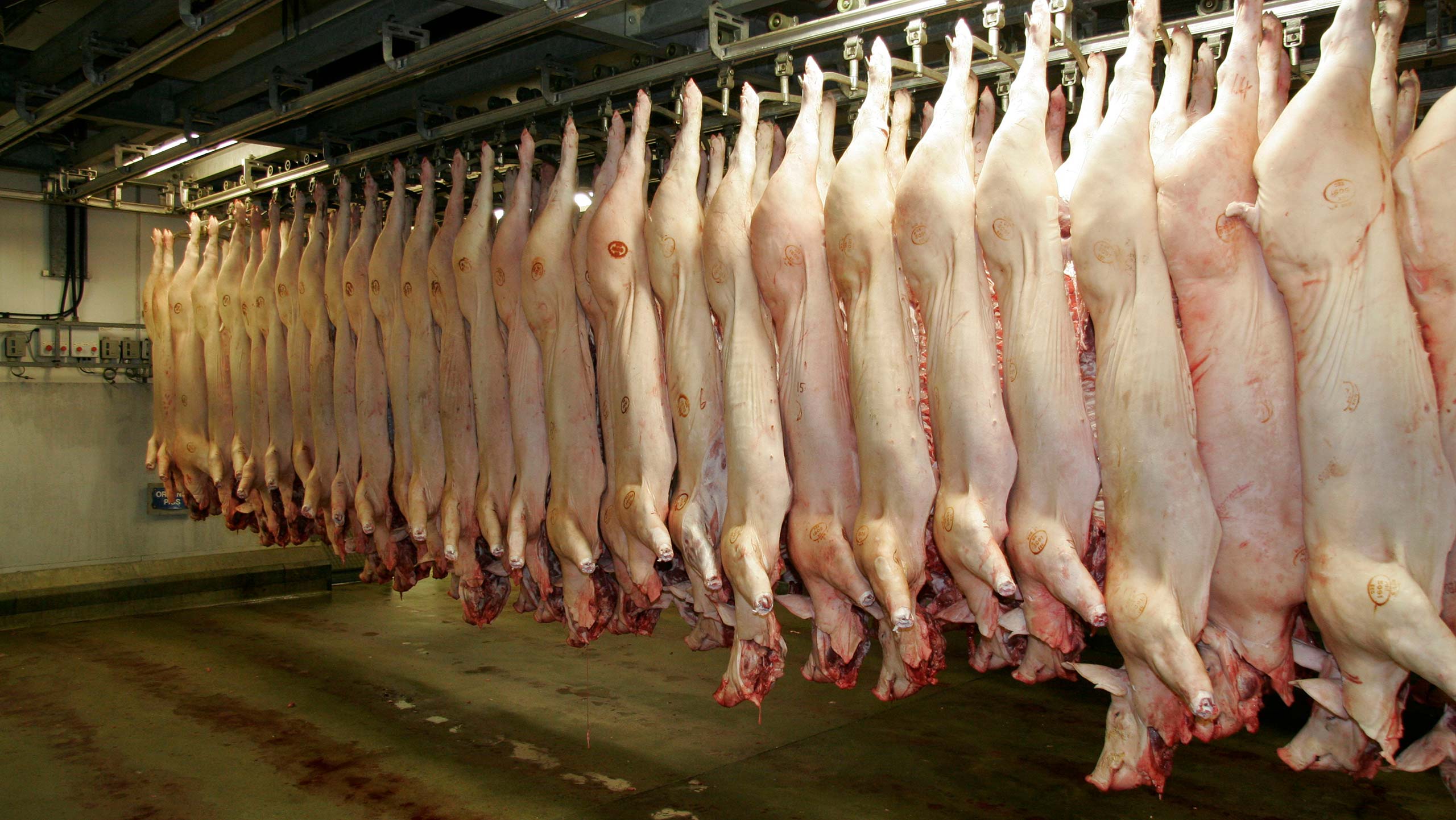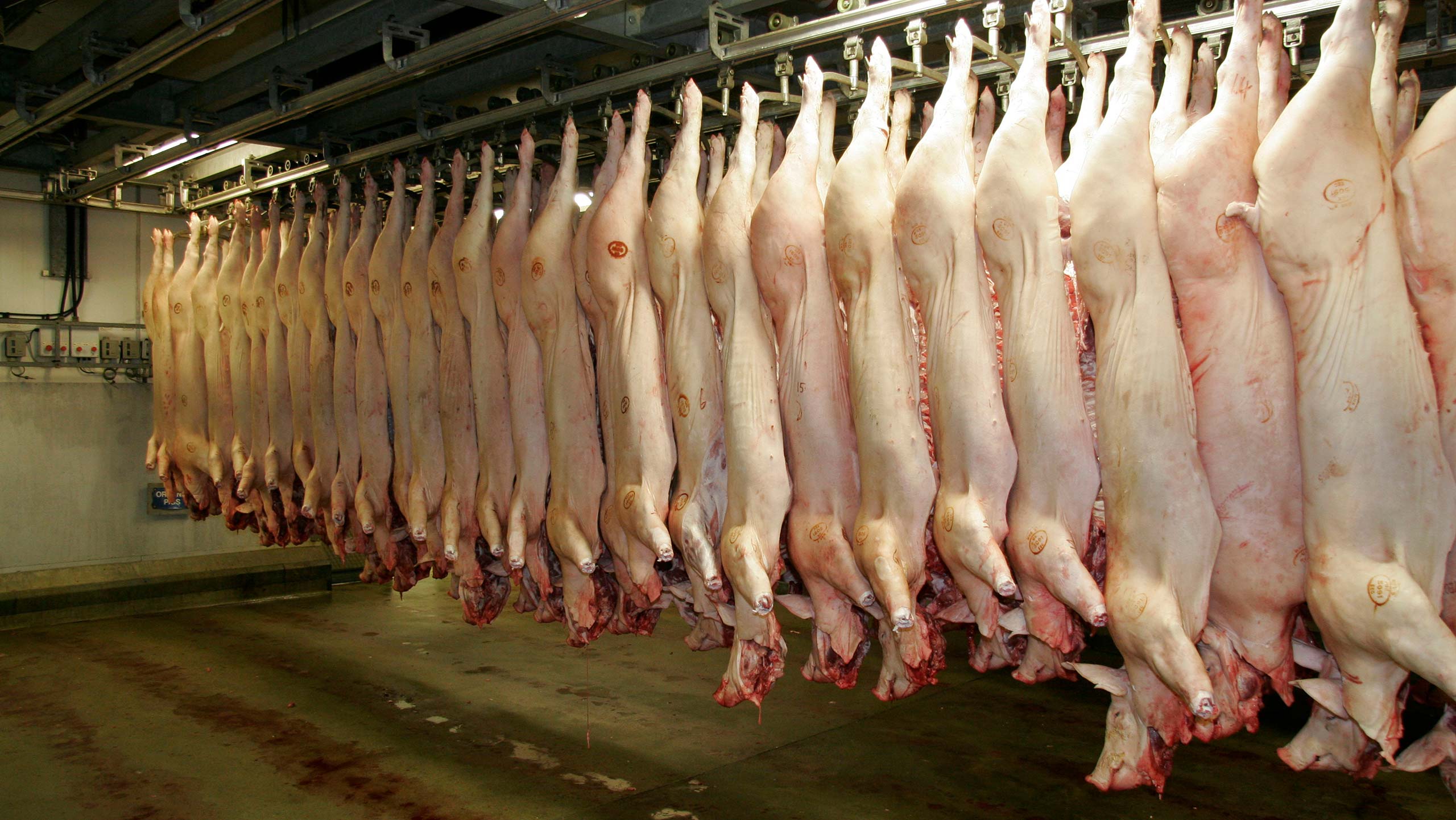When operating an abattoir, maintaining precise temperature control throughout your cold storage facilities isn't just about f…
Small Abattoir Insurance: Essential Coverage for Meat Processing Operations
Small abattoirs face unique risks that require specialized insurance coverage tailored to the meat processing industry. From food safety liability to equipment breakdown, understanding the right insurance protection is crucial for sustainable operations in this highly regulated sector.
Understanding Small Abattoir Operations
Small abattoirs serve local farmers and communities by providing essential meat processing services. Unlike large commercial facilities, small abattoirs often handle diverse livestock types, work with local farmers, and operate with tighter margins. This creates specific insurance needs that standard commercial policies may not adequately address.
Key Insurance Risks for Small Abattoirs
Food Safety and Contamination Risks
Small abattoirs handle raw meat products daily, creating exposure to foodborne illness claims. Cross-contamination between different meat types, temperature control failures, and processing errors can lead to significant liability claims. Product recall costs can be devastating for small operations.
Regulatory Compliance Challenges
Food Standards Agency regulations, HACCP requirements, and local authority inspections create ongoing compliance obligations. Non-compliance can result in business closure, prosecution, and substantial financial penalties.
Equipment and Machinery Risks
Specialized processing equipment including slaughter lines, refrigeration systems, and cutting machinery represent significant capital investments. Equipment breakdown can halt operations entirely, leading to substantial business interruption losses.
Public and Employers Liability
Customer visits, delivery drivers, and employee safety create liability exposures. Sharp machinery, wet floors, and heavy lifting activities increase accident risks significantly.
Essential Insurance Coverage Types
Product Liability Insurance
Protects against claims arising from contaminated or defective meat products. Coverage includes legal defense costs, compensation payments, and product recall expenses. This is absolutely essential given the potential severity of foodborne illness claims.
Public Liability Insurance
Covers third-party injury or property damage claims on your premises. Essential for customer visits, delivery collections, and contractor access to your facility.
Employers Liability Insurance
Legally required coverage protecting against employee injury claims. Particularly important given the high-risk nature of meat processing operations with sharp tools and heavy machinery.
Business Interruption Insurance
Covers lost income and ongoing expenses during operational shutdowns. Critical for small abattoirs where equipment failure, regulatory closure, or contamination incidents can halt operations entirely.
Professional Indemnity Insurance
Protects against claims arising from professional advice or services. Relevant when providing meat cutting advice, storage recommendations, or processing guidance to farmers.
Commercial Property Insurance
Covers buildings, equipment, and stock against fire, theft, and weather damage. Should include specialized equipment values and cold storage contents.
Cyber Liability Insurance
Protects against data breaches affecting customer information, supplier records, and regulatory compliance data. Increasingly important as operations become more digitized.
Specialist Considerations for Small Abattoirs
Seasonal Variations
Many small abattoirs experience seasonal peaks during harvest periods or holiday seasons. Insurance should account for these fluctuations in stock levels and revenue.
Local Supplier Relationships
Close relationships with local farmers create unique risks if processing errors affect multiple customers' livestock. Coverage should consider these concentrated exposures.
Waste Management
Proper disposal of animal waste and by-products creates environmental liability exposures that require specific coverage consideration.
Cold Chain Integrity
Refrigeration failure can result in total stock loss and potential food safety issues. Coverage should include both stock replacement and business interruption costs.
Regulatory Compliance Support
Food Standards Agency Requirements
Insurance providers should understand FSA regulations and offer support for compliance-related claims. This includes coverage for regulatory defense costs and business interruption following enforcement action.
HACCP Implementation
Hazard Analysis and Critical Control Points systems are mandatory. Insurance should support implementation costs and cover failures in these systems.
Choosing the Right Insurance Provider
Industry Expertise
Select insurers with specific experience in food processing and abattoir operations. Generic commercial policies often contain exclusions that could leave significant gaps in coverage.
Risk Management Support
Look for insurers offering risk assessment services, safety training, and compliance guidance. Proactive risk management can reduce premiums and improve operations.
Claims Handling Experience
Food safety claims require specialist handling. Ensure your insurer has experience managing product recalls, contamination incidents, and regulatory investigations.
Cost Considerations and Risk Management
Premium Factors
Insurance costs depend on processing volumes, livestock types handled, safety records, and compliance history. Smaller operations may face higher per-unit costs but can benefit from specialized small business programs.
Risk Reduction Strategies
Implementing robust HACCP systems, regular equipment maintenance, comprehensive staff training, and strong supplier relationships can help reduce insurance costs while improving operations.
Common Policy Exclusions to Watch
Gradual Contamination
Many policies exclude gradual contamination or pollution. Ensure coverage includes sudden and accidental contamination events.
Regulatory Fines
Standard policies often exclude regulatory fines and penalties. Consider additional coverage for these exposures.
Product Recall Costs
Basic product liability may not include recall costs. Specific product recall coverage is essential for food processors.
Business Interruption Waiting Periods
Standard policies may have waiting periods before business interruption coverage begins. Negotiate shorter periods given the perishable nature of your business.
Steps to Obtain Coverage
Risk Assessment
Conduct thorough risk assessments covering all operational areas. Document safety procedures, staff training, and compliance measures.
Professional Advice
Work with insurance brokers specializing in food processing. They understand the unique risks and can access specialist markets.
Regular Reviews
Review coverage annually or when operations change. Seasonal variations, equipment upgrades, and regulatory changes all affect insurance needs.
Documentation
Maintain detailed records of safety procedures, training, and compliance activities. This supports underwriting and claims handling.
Conclusion
Small abattoir insurance requires specialized knowledge and tailored coverage. The unique combination of food safety risks, regulatory requirements, and operational challenges demands comprehensive protection that goes beyond standard commercial policies. Working with experienced insurance professionals ensures your operation has the protection needed to operate safely and sustainably in this essential industry.
The investment in proper insurance coverage protects not just your business assets but also your reputation and ability to serve your local farming community. With the right coverage in place, small abattoirs can focus on providing quality services while managing the inherent risks of meat processing operations.


 0330 127 2333
0330 127 2333
